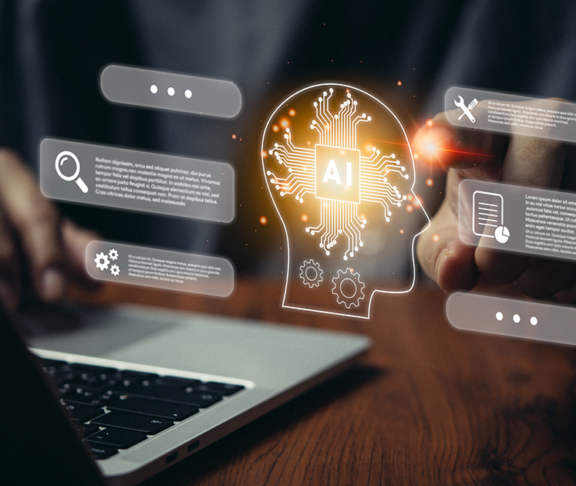
Anna Thomas
Co-Founder and Director, Institute for the Future of Work
As world leaders and tech bosses left the UK Government’s AI Safety Summit in November, there was a strong move towards responsible regulation and governance, with the ‘future of work’ as a particular focus.
Research that the Institute for the Future of Work (IFOW) published in September for the Pissarides Review into the Future of Work and Wellbeing, funded by the Nuffield Foundation, offers evidence that the adoption of AI and automation technologies can lead to positive outcomes for businesses and workers.
Technology should complement jobs
Professor James Hayton’s analysis of a survey of 1,000 UK firms found a net positive impact of adoption on job numbers and skills. These effects were strongest where there was better ‘regional innovation readiness’ — an aggregate measure of, among other things, local broadband infrastructure and workforce skill level.
This has implications for policymakers; ‘levelling up’ regions in terms of these factors is vital to ensuring that this technological revolution doesn’t lead to reductions in job numbers or reductions in the skill level of available jobs.
When firms engage workers positively in the
design, development and deployment of new technologies, the result is more ‘good work.’
Tech adoption that engages employees
Most importantly, Professor Hayton’s work found that when firms adopt AI and automation technologies, increases in job quality were strongly associated with a ‘high engagement’ HR philosophy.
When firms engage workers positively in the design, development and deployment of new technologies, the result is more ‘good work.’ This is work that is more than just employment. It is work that promotes dignity, autonomy and equality; work that has fair pay and conditions; work where people are properly supported to develop their talents.
Conversely, where firms failed to engage workers through the process of the adoption of new technologies, job quality was reduced. Research shows that the erosion of good work leads to negative impacts on employee engagement and health, social cohesion in communities and economic resilience.
Impact of good governance
A strong research base is emerging, telling us how we can help innovation and social good to progress together through this technological revolution. We need good governance and regulation at the government level.
However, we also need to support firms with practical mechanisms by which they can sustain a culture of human-centred, high-engagement HR management. If this can be achieved, we can make the future work and deliver an economy where the benefits of these transformative technologies are shared widely for the good of all.
The Institute for the Future of Work is an independent research and development institute exploring how new technologies are transforming work and working lives. Sign up for our monthly newsletter offering the latest developments in the Future of Work at ifow.org

